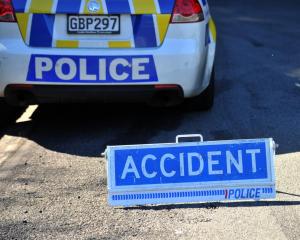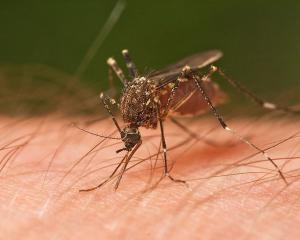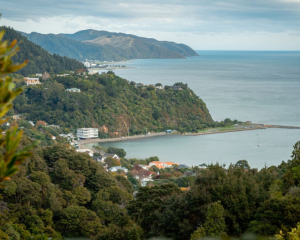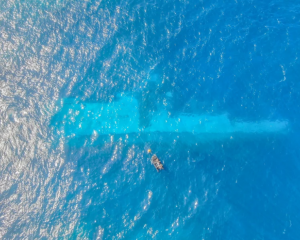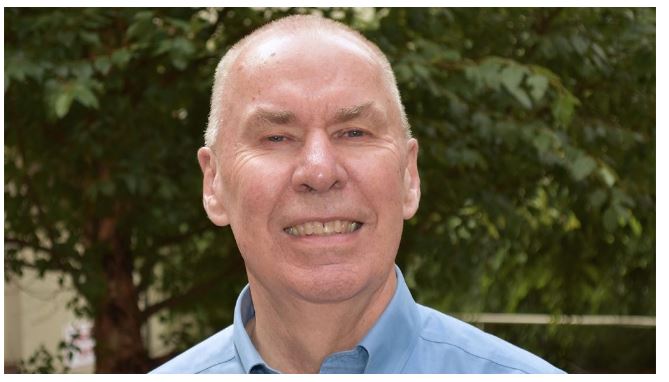
Now Weir has become a Fellow of the Royal Society of London, founded in 1660, the oldest national scientific institution in the world.
Weir is a statistical geneticist who develops new statistical methods to analyse genetic data, and is director of the Institute of Public Health Genetics at the University of Washington in Seattle.
He previously worked at North Carolina State University, where he earned his PhD in statistics and genetics.
Weir was chosen as an expert witness in the 1995 trial of Simpson because his work in DNA analysis was considered pioneering at the time.
Simpson, a former NFL American football player, was accused of the murders of his ex-wife Nicole Brown Simpson and her friend Ronald Goldman, who were stabbed to death.
He was acquitted of all criminal charges.
Said Weir: "I was asked by the prosecution to attach numbers to the stains found in Simpson’s car and on his gloves: Those stains had blood from two or three people and the numbers were one in a few hundred, but the stains with blood from only one person (blood on the pavement next to the bodies matching Simpson) had numbers like one in 57 billion.
"The courtroom was very quiet and peaceful, but after my testimony I attracted attention simply by walking into a supermarket – not very comfortable.
"It also didn’t help, but I made a small error in some calculations that the defence said damaged my credibility. The numbers had little effect on the totality of the DNA evidence, but it may have lessened my contribution.
"The long-term impact has been minimal and I don’t feature in the books or movies about the trial."
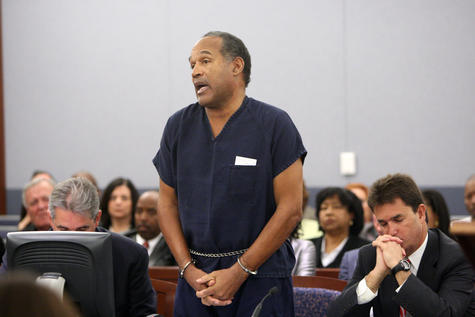
He remembers his time at Shirley Boys’ High fondly.
"I was a first-day pupil at a brand-new SBHS. It was an exciting time - the staff were young and enthusiastic, and we felt to be building something of value.
"I was very much taken with all the new academic subjects, especially maths and science. Headmaster C V Gallagher was an amazing leader."
Weir moved to North Carolina with his wife Elizabeth Swainson in 1976. He became a William Neal Reynolds distinguished professor of statistics and genetics, and founding director of the Bioinformatics Research Centre at the university.
He said of moving from New Zealand to the United States: "The change was enormous, of course, especially as I moved to North Carolina not long after segregation had officially ended but the Ku Klux Klan still paraded.
"Now that I live in Seattle, on the West Coast, I feel to be in a place with values closer to ours in New Zealand."
Weir has maintained ties to Christchurch and New Zealand. He has connections with Auckland and Otago universities.
His sister Margaret Calder lives in Christchurch and his brother Trevor Weir lives in Palmerston North. He has nieces in both cities and cousins in Christchurch.



